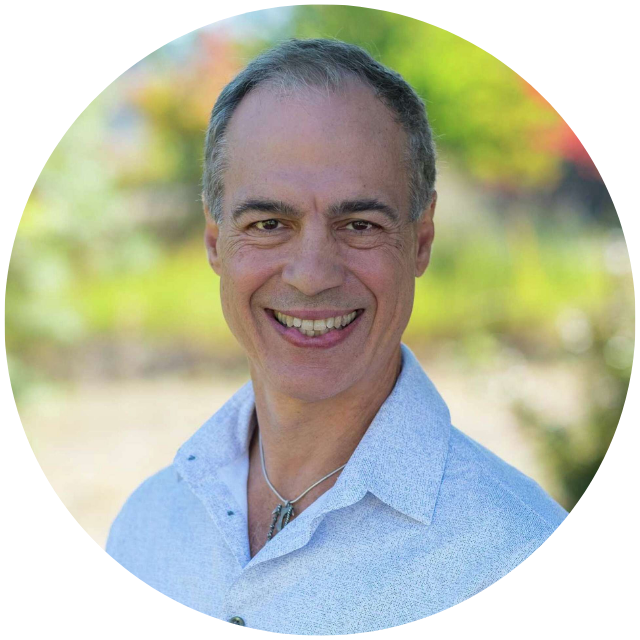
The 5 Worst Foods for Your Health (And Why You Should Avoid Them)
By Donnie Yance When it comes to maintaining optimal health, what you don’t eat can be just as important as what you do eat. While the occasional treat won’t derail your wellness goals, certain foods offer virtually no nutritional value while actively harming your body. Here are five of the





